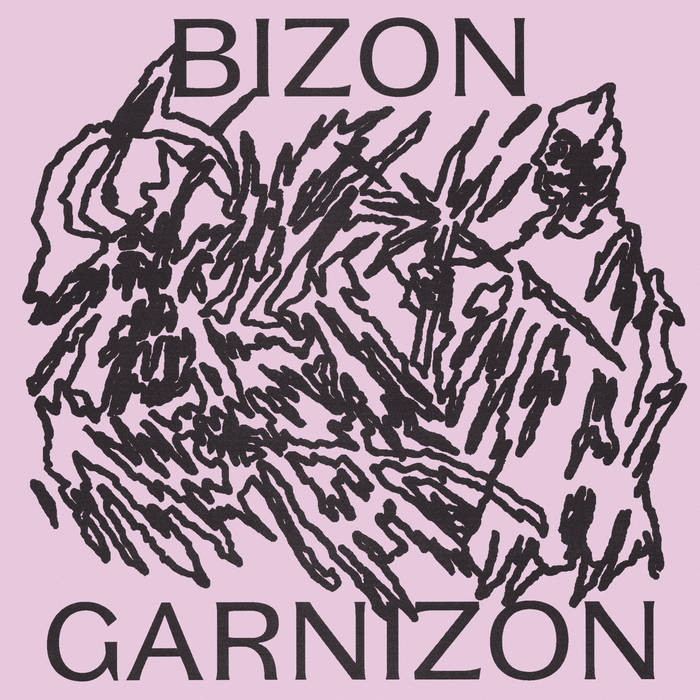There’s a mythic weight to YU Grupa’s self-titled debut — not just because it helped shape the sound of Yugoslav hard rock in the ’70s, but because it feels like a record born out of stubborn vision. The Jelić brothers — Dragi on guitar and vocals, Žika on bass — had already cut their teeth in the psych-pop group Džentlmeni, and when they returned from a stint in London in ’73, they dropped a fuzz-drenched hard-rock classic.
Imagine YU Grupa in London in 1973, offered the chance to tour as openers for the Allman Brothers Band. But instead, they boldly turned it down. YU Grupa were already a big deal back home, and they saw the long-term vision. YU Grupa — released on Jugoton that same year — would go on to sell 30,000 copies, making it the best-selling Yugoslav rock album until Bijelo Dugme’s debut dropped the following year.
This thing kicks off strong. Trka opens the record with a thick, warm psychedelic haze — fuzzy guitars swirling in from the distance before it locks into a bluesy hard rock groove. It’s easy to imagine this blasting across a sunburnt crowd at Woodstock, a trippy hook chugging along as free spirits sway under the clouds.
Then comes Noć Je Moja — a track that feels heavier, yet still slow and steady. It opens with a searing guitar solo, just bursting with raw feeling. The whole thing moves like a heavy psych cousin to Zeppelin’s early work as Dragi’s vocals lean into blues rock, while the guitar absolutely soars — five minutes of pure six-string hypnosis for lovers of the genre.
By the time you hit Čovek i Marsovac, the band are knee-deep in the fuzz. This one leans harder into the psychedelic end of their sound, with thick riffs and chunky, overdriven bass tones. There’s almost something modern in its edge — like a proto-Psychedelic Porn Crumpets kind of thing — and again, the riff work is razor-sharp. What I love is that each song has its own distinct hook — this isn’t just endless jamming, the tracks are tight and pack a weighty punch.
Čudna Šuma is easily my favourite of the bunch. It’s still psychedelic, still riff-driven, but there’s this breezy, summer-on-the-highway energy to it. It’s the kind of track that makes you want to roll the windows down while driving to the coast with a pack of beers on the backseat and sun kissing your neck. The vocals are more melodic here, catchy and clean, resulting in an absolute anthem that gives the album a lift at just the right time.
Flip the record over, and you get Trenutak Sna, which dials the heaviness back a bit. The result is more introspective, a kind of lighter psychedelic rock detour — but it’s still got muscle when it needs it. The album doesn’t fall apart here, instead we transition into a welcome softer side. Devojko Mala, Podigni Glavu follows with a near indie-rock-like texture. There’s a delicacy to the finger picked guitar, the brushed cymbals, the melancholic vocal delivery. It’s a subtle track, darker and quieter — and it hints at the emotional range these guys were capable of early on.
Then we get to Crni Leptir. A ballad-like cult classic, and rightly so. Sung by bassist Žika, it’s slower, softer, more folk-driven, although still binded by psychedelia and a Balkan melodic sensibility. This is one of the best examples of how YU Grupa could mellow out without losing their spark. It’s reflective and perfectly paced. The electric guitar still floats in and out, but now it’s more ghostly than scorching. One of the great ballads of early Ex-YU rock.
The album closes with More, which continues the balladry, but for me, it doesn’t quite hit the same heights. It’s pleasant, and the guitar work remains strong, but I found myself wishing the record had ended with Crni Leptir, which felt like a natural closer. By comparison, More feels like a bonus track — nice enough, but a little stagnant after everything that came before.
Still, this debut is monumental. It’s psychedelic, heavy, and full of spirit. Even the slower second half, while not flawless, helps round out the record with emotional dimension. The Jelić brothers laid down the foundation for what Yugoslav rock could be — bluesy, raw, psychedelic, and sometimes introspective. Decades later, YU Grupa still feels like a vital Ex-YU record.


